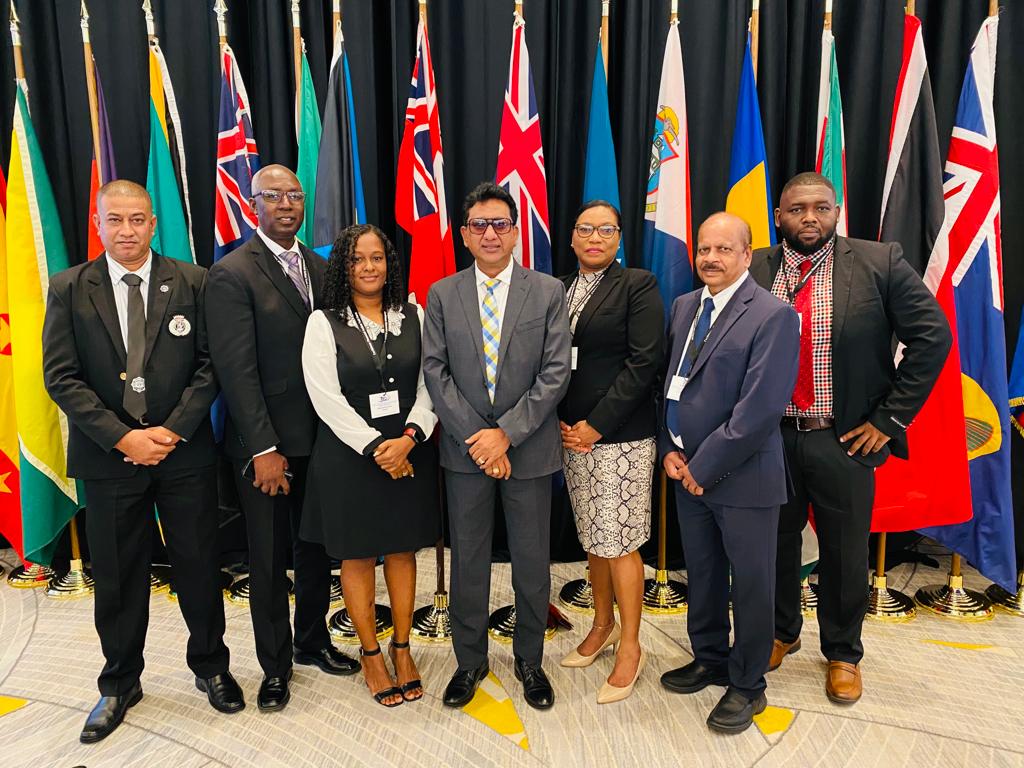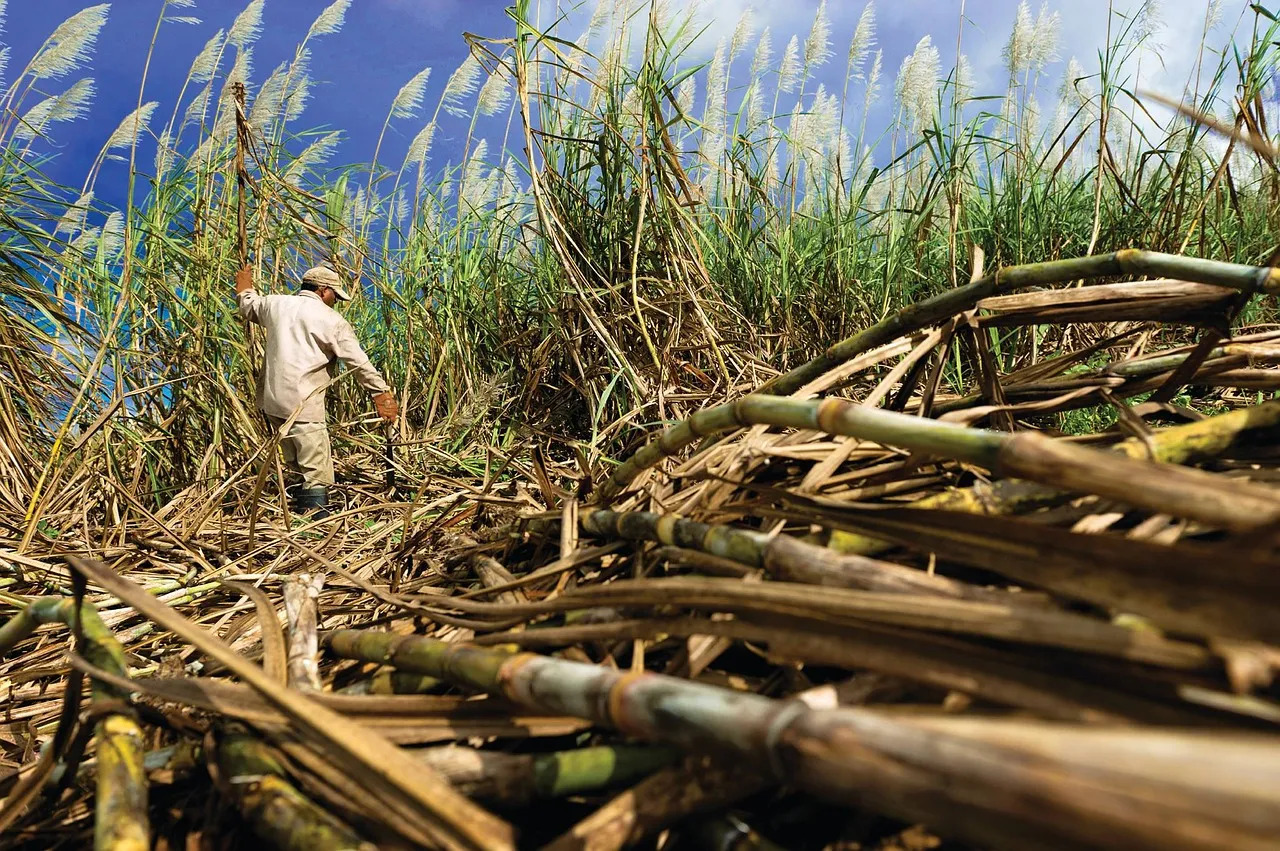
Attorney General and Minister of Legal Affairs, Anil Nandlall, S.C, is leading Guyana’s delegation at the Caribbean Financial Action Task Force (CFATF) 55th Plenary and Working Group Meetings being held in the Cayman Islands from November 27 to December 1, 2022.
The delegation includes Dr. Gobind Ganga, Governor of the Central Bank; Matthew Langevine, Director of the Financial Intelligence Unit; Alicia Williams, Head of Compliance – FIU; Superintendent Fazil Karimbaksh – Head of the Special Organized Crime Unit; Natasha Backer – Assistant Director of Public Prosecutions and Rommel St Hill, Anti Money Laundering/Combating the Financing of Terrorism (AML/CFT) Officer in the Attorney General’s Office.
Guyana’s attendance at these meetings is important, especially as the country prepares for its fourth-round mutual evaluation which is scheduled for 2023, a press release from the Attorney General Chambers on Monday noted.
Due to the COVID-19 pandemic, this is the first Plenary and Working Group meetings by CFATF since November 2019. The Plenary, which opens on Wednesday November 30, 2022, will follow the working group meetings such as the Heads of FIU forum, a working group of FATF issues, International Cooperation Review Group, Steering Group, and CFATF Risks Trends and Methods Group.
At these meetings, countries who are in the assessment process will get the opportunity to discuss key issues identified in their Draft Mutual Evaluation Report; countries that have already been assessed under the fourth-round process provide updates on progress made since their evaluation; delegates are provided updates on outcomes for the FATF various meetings, and on new and emerging money laundering threats in the region.
These meetings also provide opportunities for member states to discuss the implementation of new recommendations and strategies and difficulties that may arise in relation thereto. Cooperation and the building of institutional relationships for exchange of information that may assist in new or ongoing investigations are enhanced.











